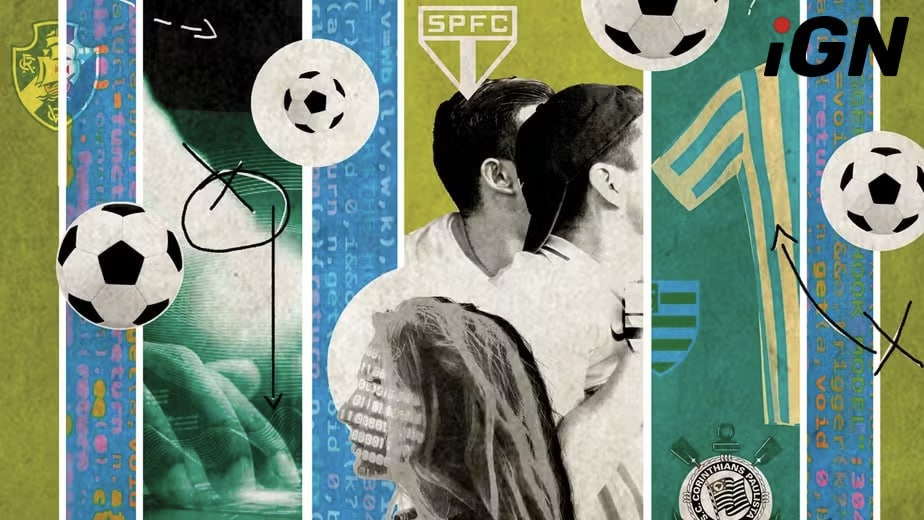In Brazil, 16.6% of Soccer Fans Place Bets

The newspaper O Globo, together with Ipsos-Ipec, conducted a survey on betting habits among Brazilian soccer fans. The poll included 2,000 people aged 16+ across 132 municipalities between June 5–9, 2025.
Key Findings
16.6% of fans reported placing bets at least once:
- 3% — regularly
- 1.8% — often
- 5.9% — occasionally
- 5.9% — rarely
The data shows that men and younger audiences are the primary users of online betting platforms.
Gender Differences
Betting is far more common among men:
- 22.9% of men place bets
- 8% of women participate
Age Groups
Young people are the most active bettors. Breakdown by age:
| Age | Percentage | Bet Regularly |
|---|---|---|
| 16–24 | 25.5% | 7.2% |
| 25–34 | 24.4% | 3.3% |
| 35–44 | 15.9% | — |
| 45–59 | 11.9% | — |
| 60+ | 3.5% | — |
Young fans are twice as likely to place regular bets compared to older age groups.
Socioeconomic Factors
Breakdown by income level:
- 20.3% — earning 2–5 minimum wages
- 17% — earning 1–2 minimum wages
- 15.8% — earning more than 5 minimum wages
- 12.7% — earning up to 1 minimum wage (most frequent bettors)
Example: a designer from Rui Barbosa, Bahia, earning 1–2 minimum wages, bets on every match but spends around 20 reais each time, seeing it as entertainment rather than a source of income.
Regional Differences
By region, the distribution is as follows:
- 20.3% — North/Central-West
- 20% — Northeast (4.3% bet regularly)
- 14.6% — Southeast
- 12% — South (86.8% never bet)
By type of city:
- 17.3% — provincial towns
- 16.3% — state capitals
- 14.4% — suburbs
Why Betting Is Popular
According to researcher Emilio Tazinatto, betting interest is driven by two main factors:
- Pandemic and online gamification — young people shifted much of their social activity online and integrated betting into that experience.
- Limited entertainment in small towns — in provincial areas, betting has become one of the few available leisure activities.
Conclusion
The study confirms that the core betting audience in Brazil consists of men, young people, residents of smaller towns, and those with lower incomes.
For most, betting is seen not as a way to make money but as a form of entertainment and social interaction.
